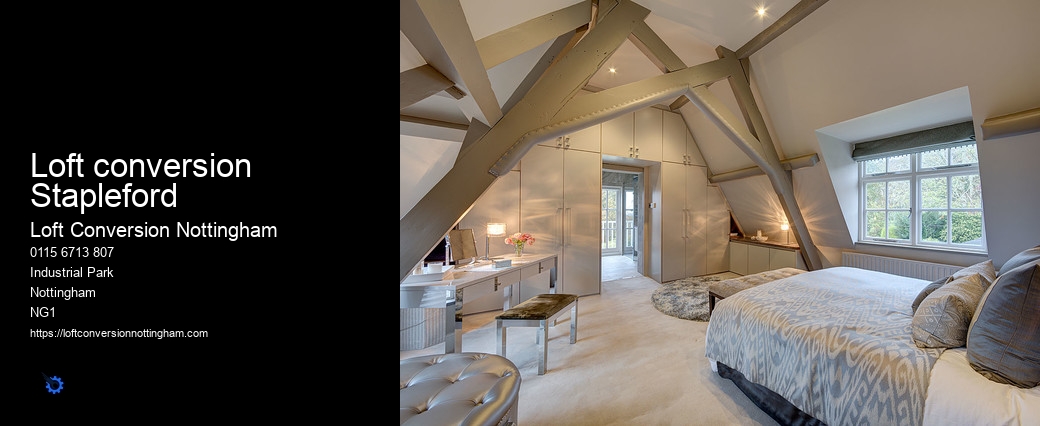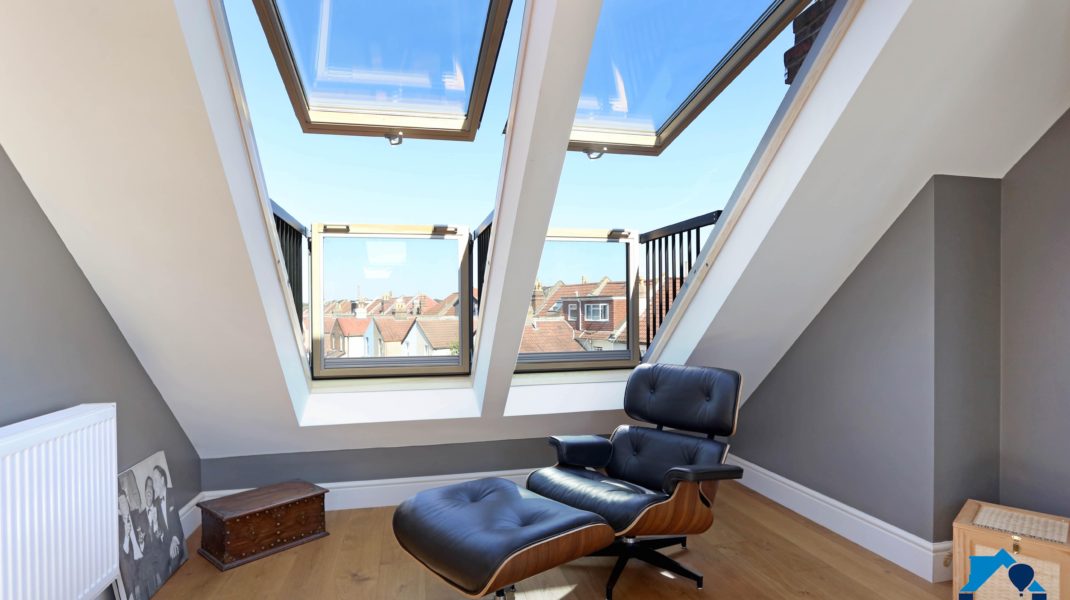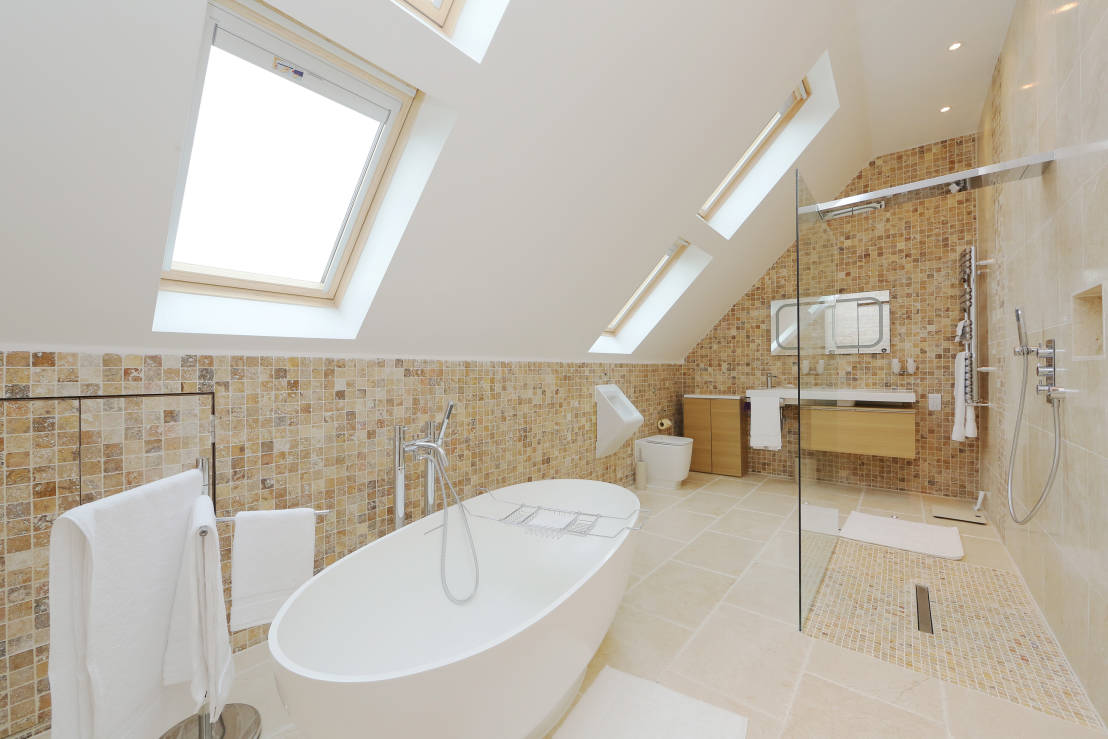Loft Conversion Cost Nottingham
The next step is to get quotes from local builders. Make sure to get at least three quotes to ensure that you’re getting the best price. Ask the builders for a detailed breakdown of the costs and make sure to include any extras that you may need.
The first step is to decide what type of loft conversion you want. There are two main types: a dormer loft conversion and a hip-to-gable loft conversion. The type of conversion you choose will largely determine the cost. Dormer conversions often require more structural work and are more expensive than hip-to-gable conversions.
Another important factor to consider is what type of loft conversion you want. Do you want to create a bedroom, an office, a storage area, or something else? The type of loft conversion you choose will depend on what you intend to use the extra space for. For example, if you want to create an extra bedroom, it is important to ensure that you will have adequate headroom and ventilation for the space to be comfortable and safe.
Overall, converting your loft can be an excellent way to add value to your property. By considering the type of house you have, the type of conversion you need, and the associated costs, you can ensure that you get the most value out of the project.
Making the most of the space in your home is a great way to add value and comfort to your property, and a loft conversion can be a great way to do this. But for many homeowners, the cost of a loft conversion is a major concern. Fortunately, there are some ways to save money when converting a loft. Here, we’re taking a look at the cheapest way to do a loft conversion in Nottingham.
When planning a loft conversion it is important to consider the layout of the room, the type of insulation you need, and the type of stairs you will need to access the room. You will also need to consider any building regulations which apply to the conversion.
Have you ever thought about converting your loft? A loft conversion can be a great way to add extra living space to your home, and it’s often much more affordable than moving house. But how much does it cost to have a loft converted in Nottingham?


